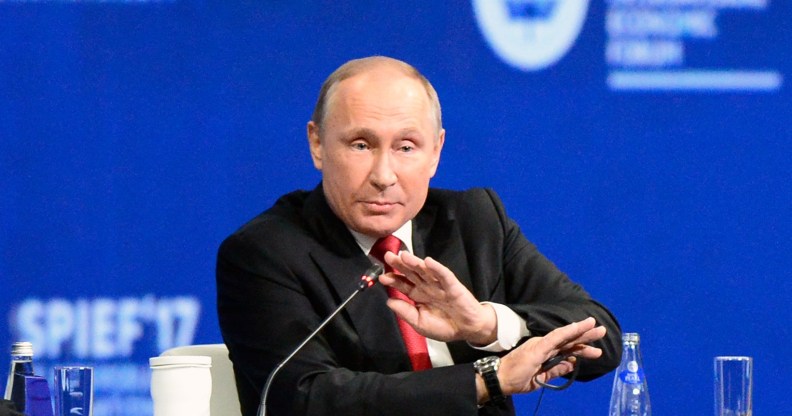Russian President Vladimir Putin plans to stop gay couples from adopting Russian orphans

(Getty)
The Russian President Vladimir Putin has taken steps towards ordering the country’s government and Supreme Court to write amendments to the adoption procedure prohibiting foreign gay couples from adopting Russian children.
The document is likely to be drafted by the Ministry of Education and Science, which takes responsibility for overseeing the adoption of orphaned children, repots Izvestia newspaper.
The ministry said it had not yet received instructions to that effect from the Russian Prime MInister, Dmitry Medvedev.
Children’s rights commissioner Pavel Astakhov recently expressed concern about Russian children being adopted by same-sex couples. He said he would do all he could to avoid Russian orphans being adopted by gay couples.
Equal marriage is currently legal in Belgium, Spain, Canada, South Africa, Norway, Sweden, Portugal, Iceland, Denmark, The Netherlands, and Argentina, with legislation at various stages in other countries.
Another law, the Dima Yakovlev, which came into force on 1 January, banned the adoption of Russian children by US citizens.

